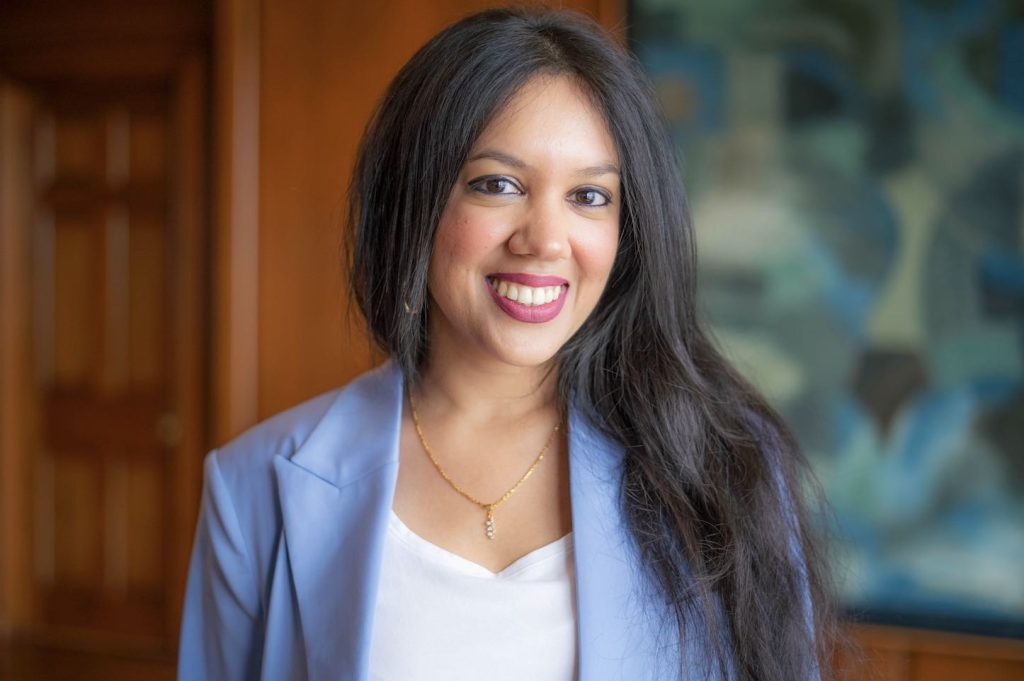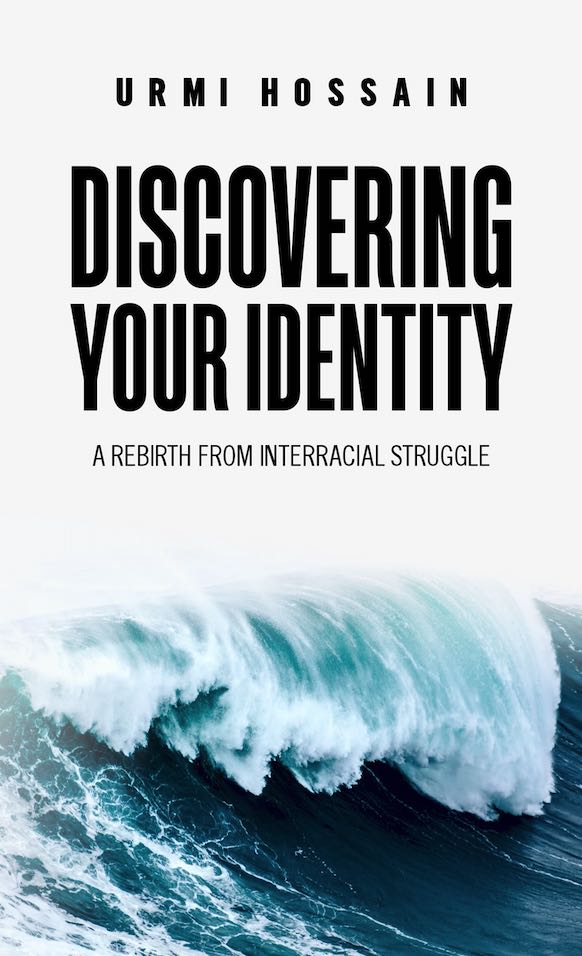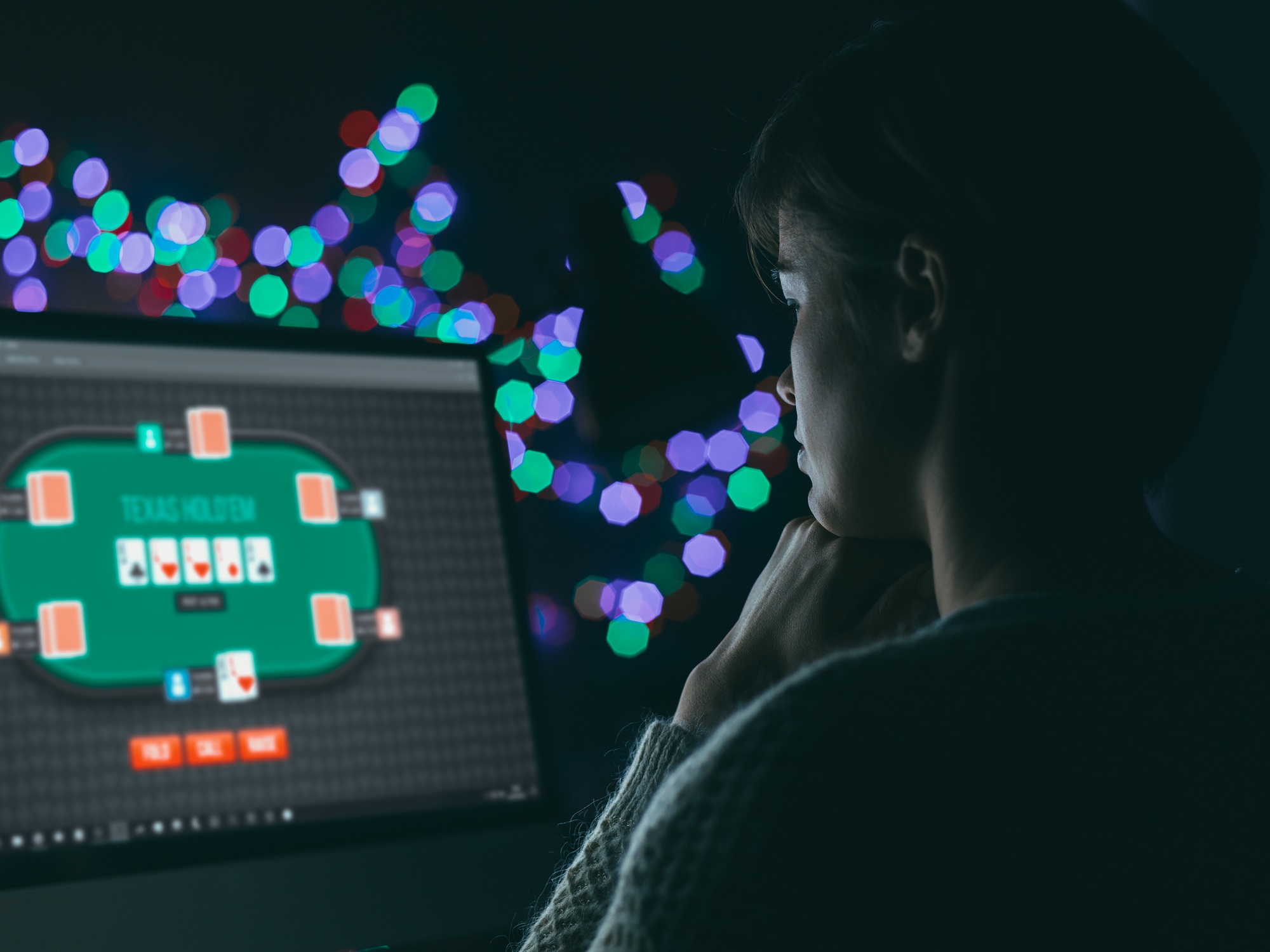Have you ever wondered of your struggles as a brown girl are universal or just unique to you? Are you living in a toxic culture where people dictate your life just to keep their reputation worthy in the community they are born into? Does living in a bubble feel normal to you, where you’re not allowed to speak up and share your perspective?
Italian Bengali author Urmi Hossain writes about this in her new book, “Discovering Your Identity: A Rebirth From Interracial Struggle.” Check out an excerpt from it below.
————————
I was born in the 90s. My parents moved from Bangladesh right after they got married. They had an arranged marriage and decided it was time to move elsewhere, somewhere new where they could start a new life, build a family, and have a better future. They initially moved to Palermo, a city located in the South of Italy, specifically in the region of Sicily. They moved around 1988 when I wasn’t born. They gave birth to their first daughter three years later; that’s me.
As my parents remarkably say, I was the first Bengali girl to be born in Italy; they named me Urmi, a name which I really love because it means wave, and it shaped me to be the person I am today.
Knowing I was the first Bengali girl to be born in Italy does make me feel like I am a piece of history. Although I don’t know if this is true for a fact, I do believe my dad when he says so because back then, there were not that many immigrants, especially not that many Bengalis.
Palermo was a beautiful city, always hot and sunny (even in the winter) with beautiful seasides and palms, and I remember one thing I loved the most was watching the waves moving ( maybe I am a wave too, eh eh).
Other people often ask why my parents moved to Italy, given both my mother and I didn’t speak the language. To this day, I never asked my dad the reasons, but I guess they chose Italy because it was much easier to immigrate. My parents started from zero; my dad worked and learned the language while my mom was a full-time housewife. One thing for sure is that my dad was well-known in the Bengali community. People looked up to him. They would come to him for questions or translations because he was one of the few who knew the language properly and understood how things worked in Italy.
So, I started attending school in Italy. I vividly remember that the school I attended had a church in it. I remember seeing nuns in it, people praying from time to time with their hands clapped together while bent on their knees towards the crucifix.
The first time I saw nuns walking around the school, I didn’t know what they were, but I remember my dad telling my teachers that I shouldn’t be involved in anything related to the catholic religion or I would be influenced and change my faith.
So, I did most of my elementary in Palermo. I never had any Bengali friends in primary school. They were all Italian. No one looked like me, not even a bit. They were all Italian, not even Asian, South Asian, or Latina. It seemed I wasn’t the only Bengali girl but also the only immigrant kid.
To this day, I never asked my dad the reasons, but I guess they chose Italy because it was much easier to immigrate.
I had two very good friends, Sabrina and Valentina, but I never hung out with them, played, or even did homework together. I can’t even recall if I was ever invited to their birthday parties either. My primary school experience was pretty calm; I went from school to home, then to the mosque later in the evening.
Then things started to change when I became much older. Do you know what it feels like to be told, “You can’t go out with your friends,” “You need to be home by 7 pm,” “Will boys be at your friends’ place?” “What will people say if they found out you are going out with your girlfriends?”
This is, in a nutshell, what my social life was like. Born and raised in Italy for 20 years with immigrant parents from Bangladesh, I never felt the real taste of freedom. I was pretty much prohibited from attending parties, going on vacation with my girlfriends or meeting up to study with them, going on long school trips, attending religion classes because of fear of changing faith (but it was fine to be brought up in a super Catholic country, how ironic), attending sex education classes because of fear that I could end up in some physical relationship with some Italian guys, and I was also prohibited from dressing the way I wanted.
The worst was I was never given the option to speak up and say an opinion different from what my parents would say. Like many South Asian households, there is one only way of seeing the world; theirs.
In everyone’s eyes, I was the golden child, the first in the generation with an education who was supposed to follow the rules dictated by the Bengali culture and who didn’t have a say in what I could wear or express; it almost felt like I was a robot. It didn’t matter what was right or wrong as long as it was what my parents told me. Because of their strict rules, I never discovered my true identity until now.

















